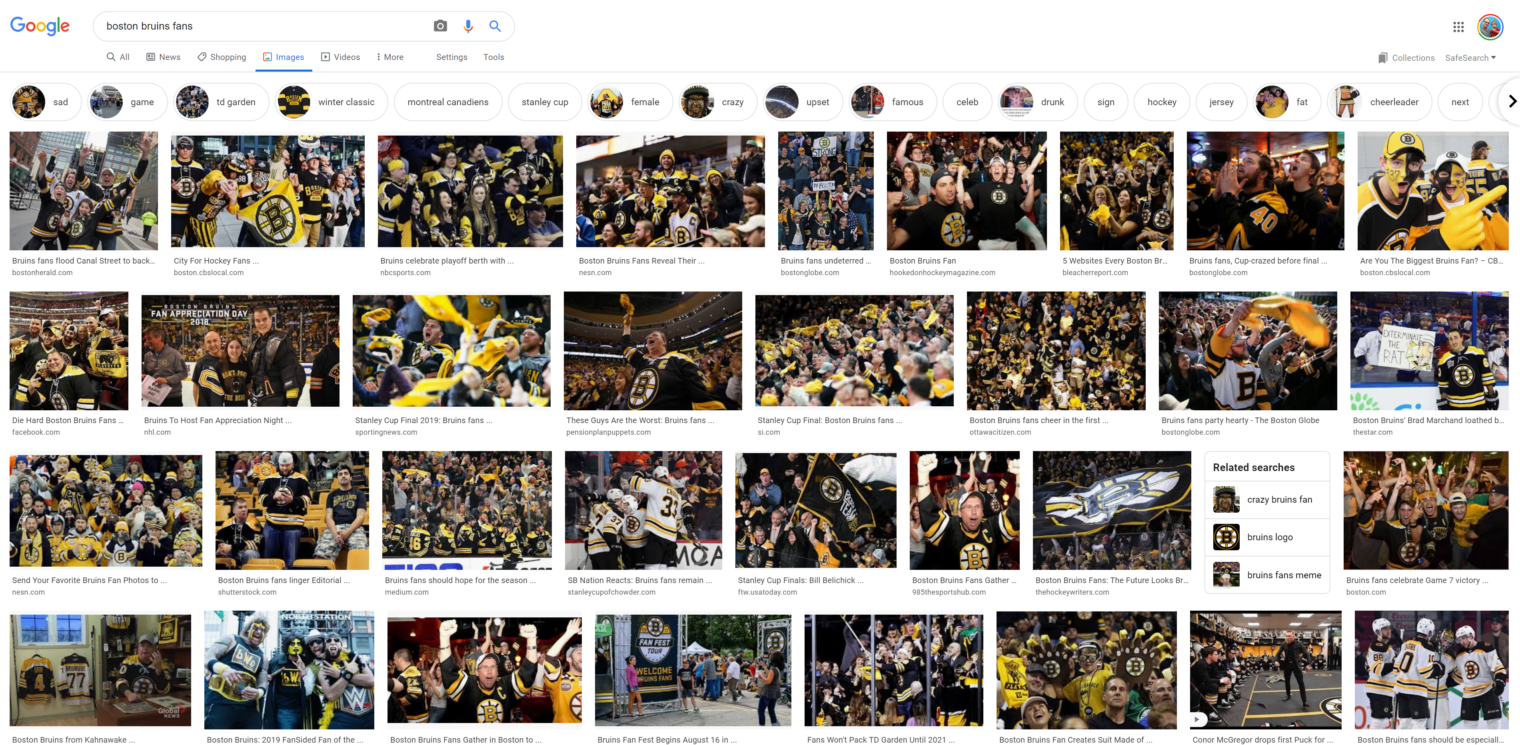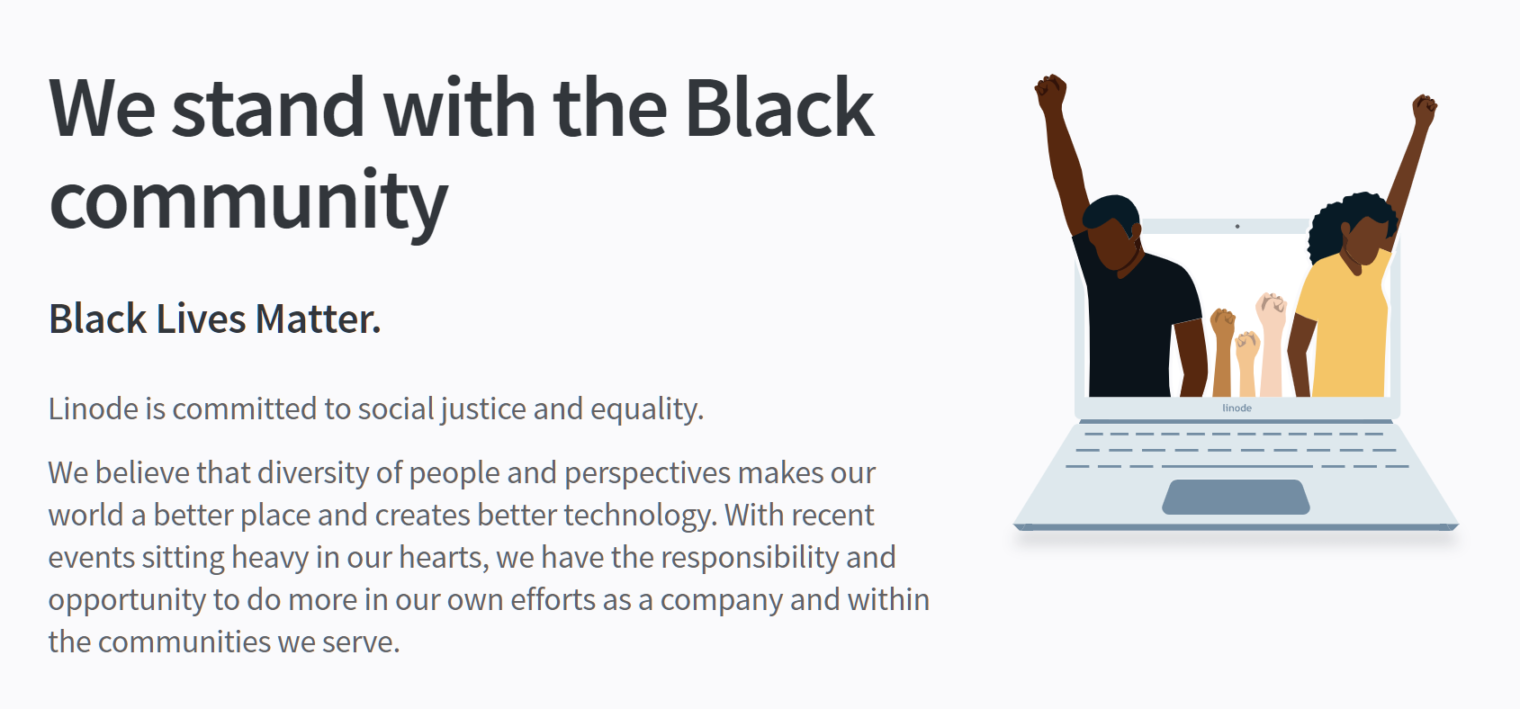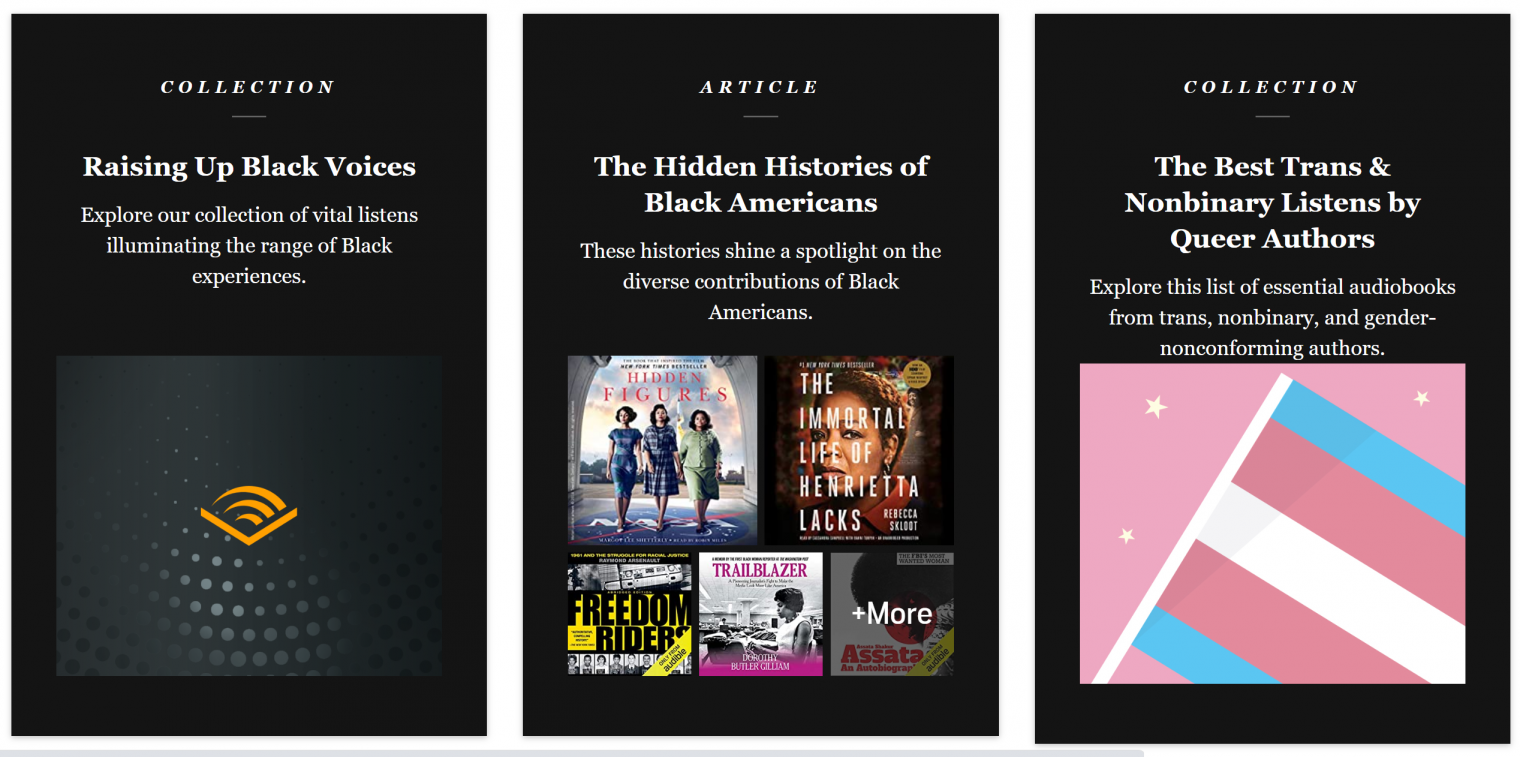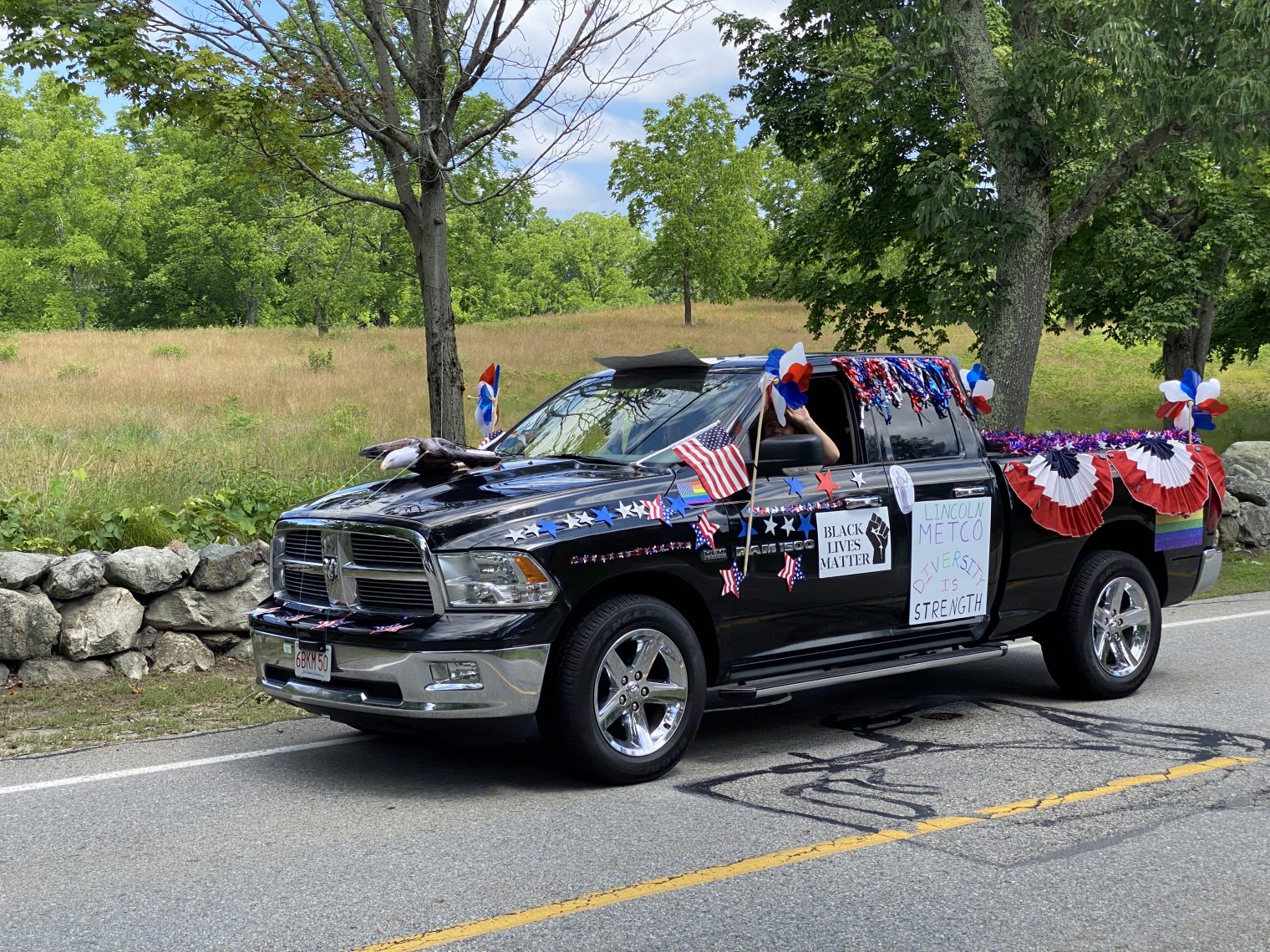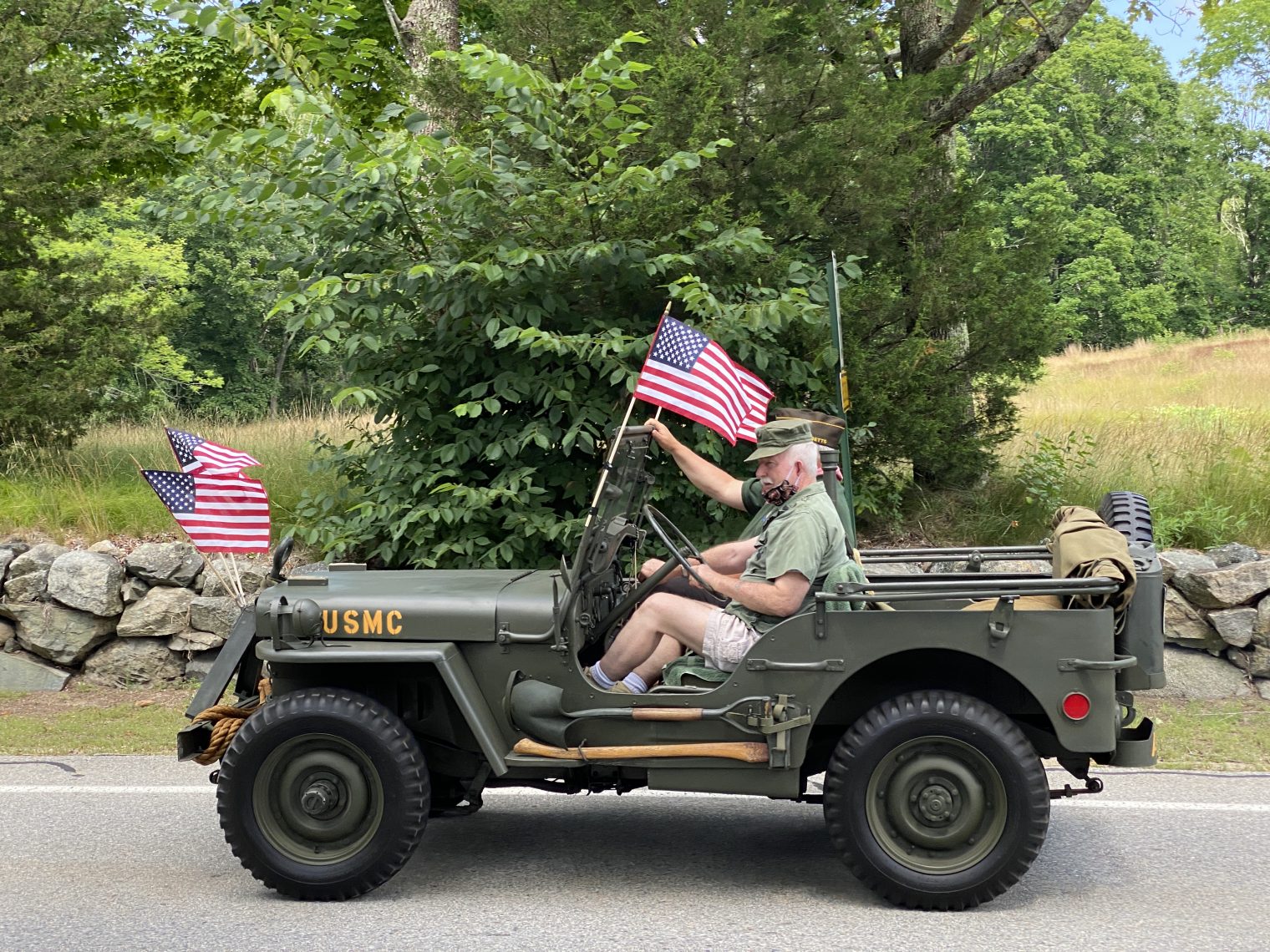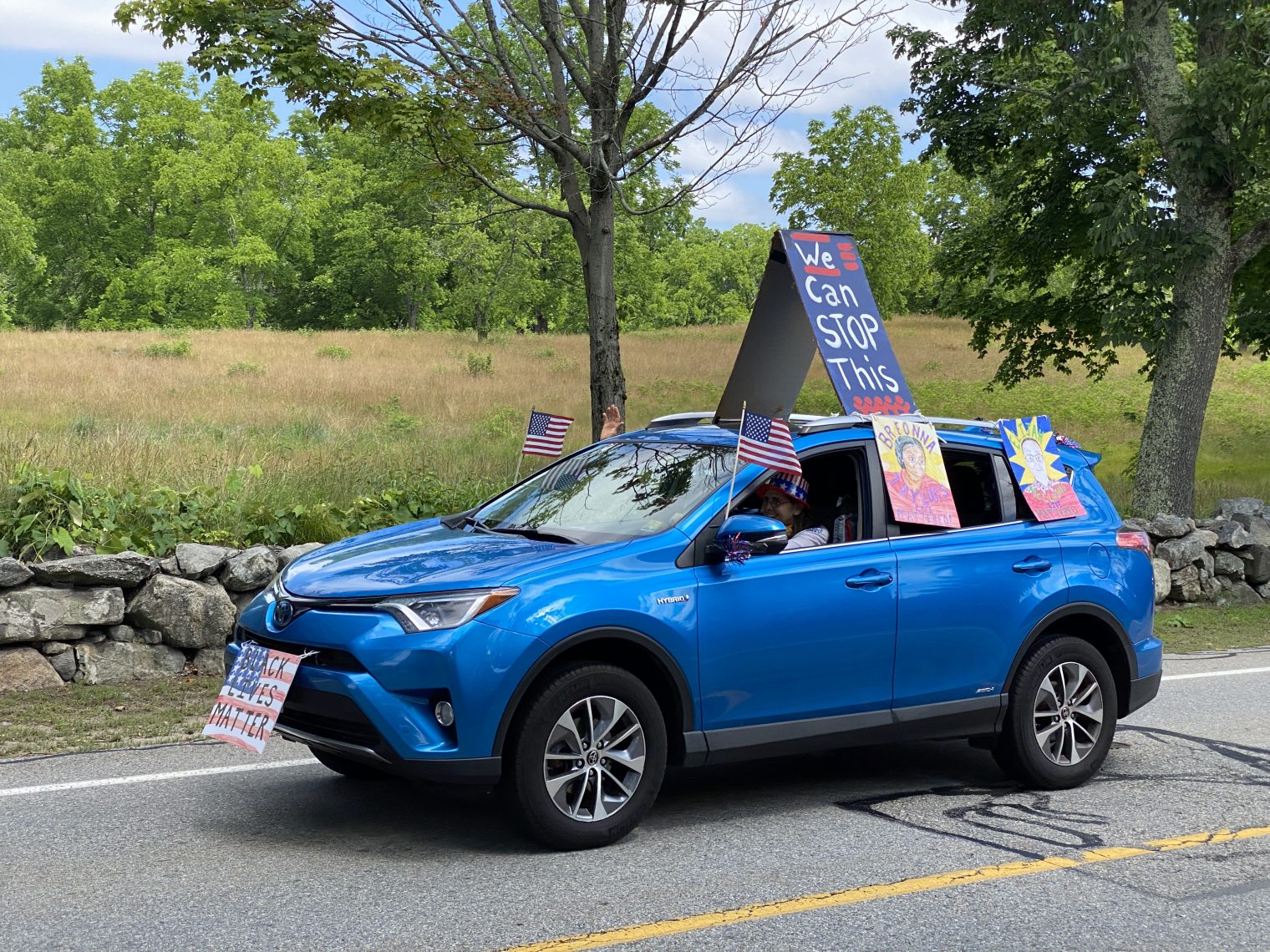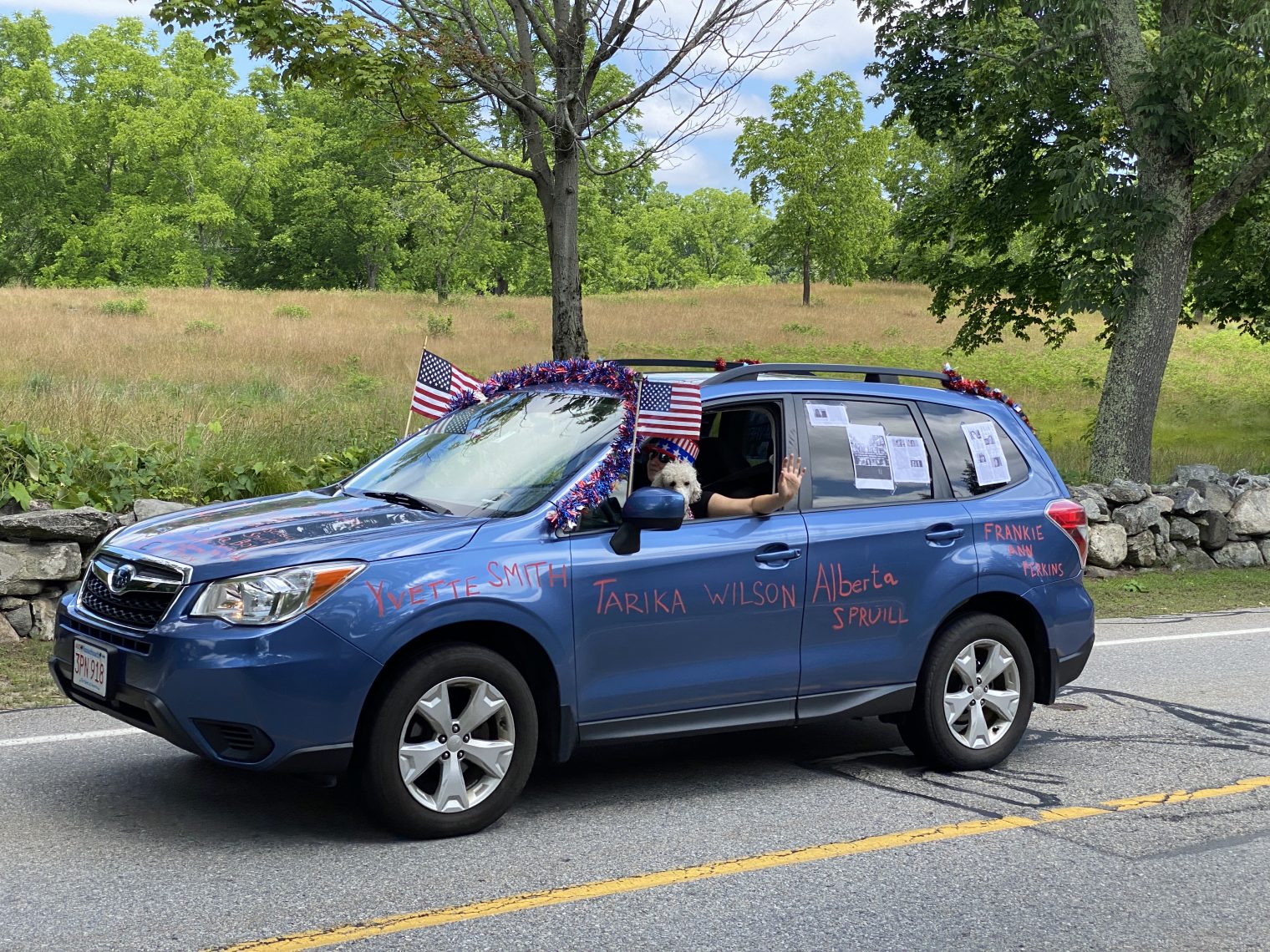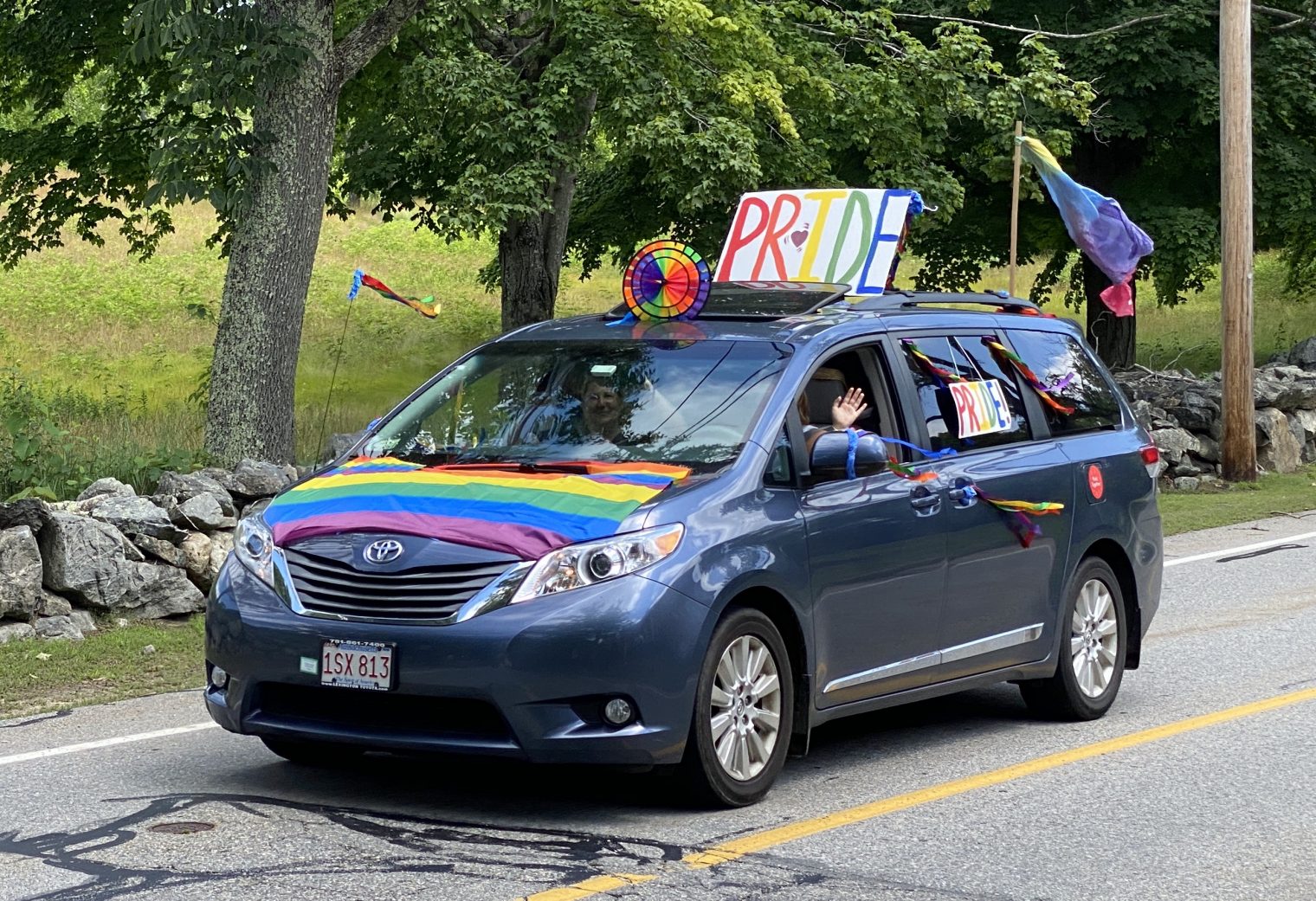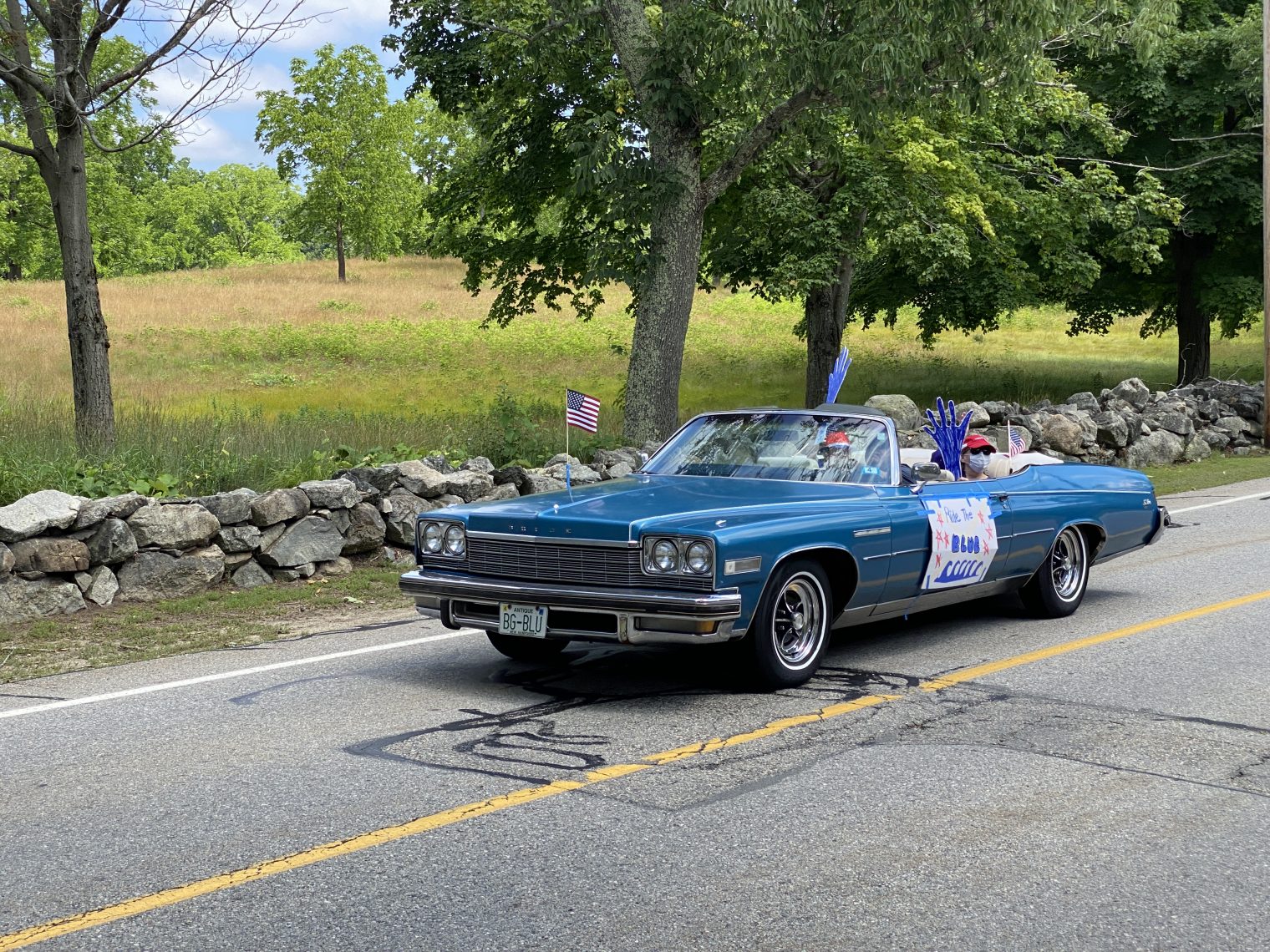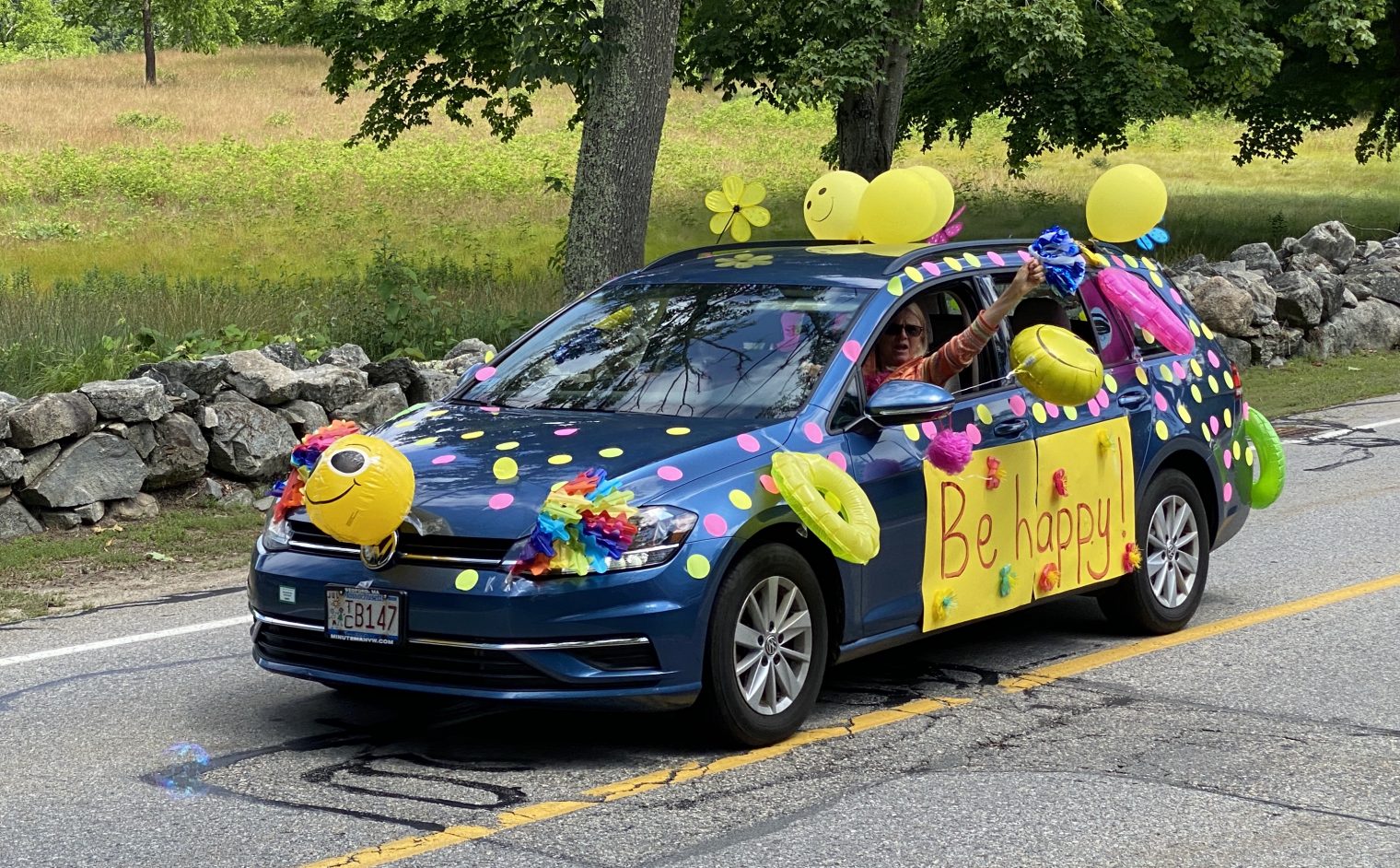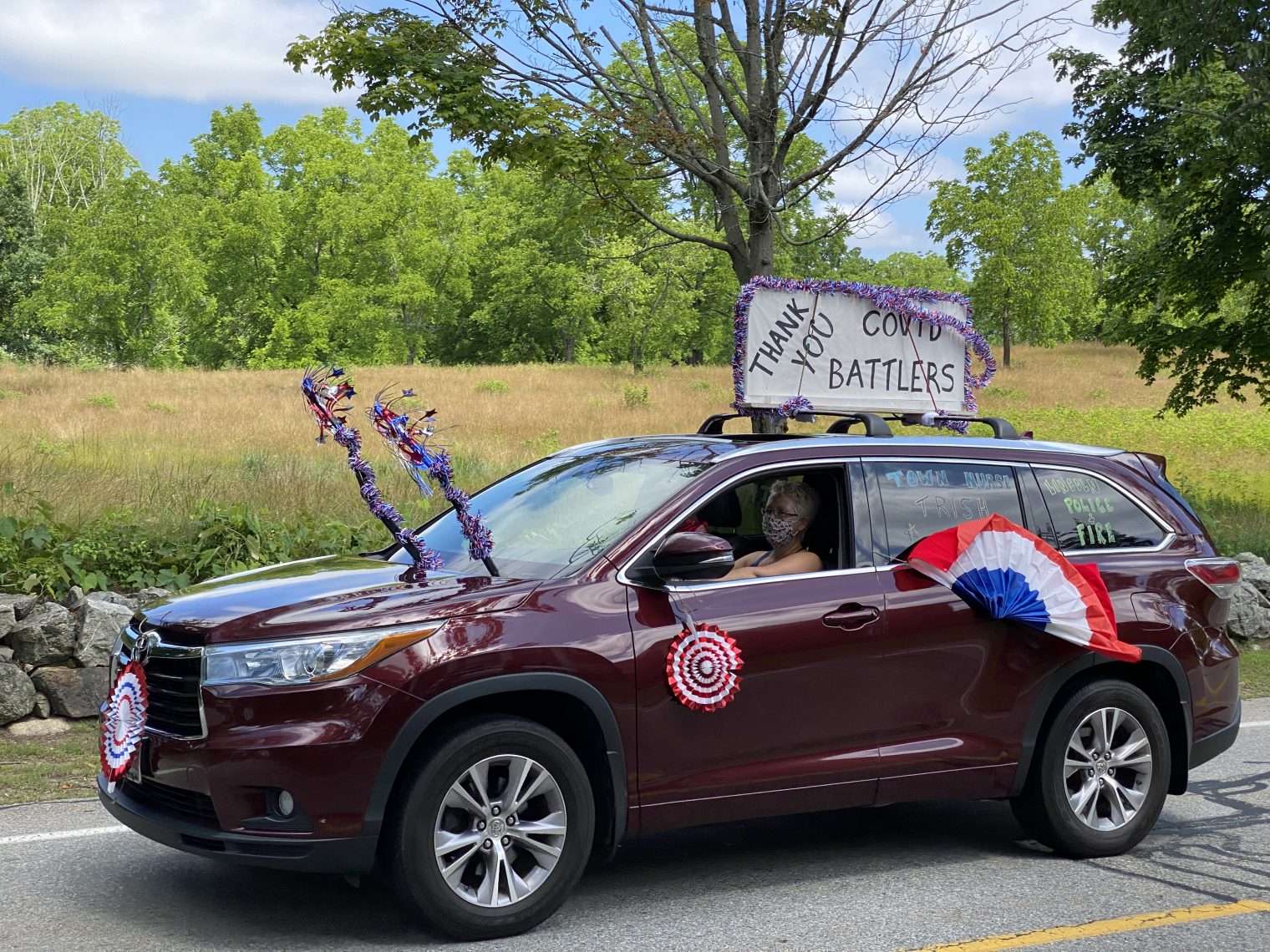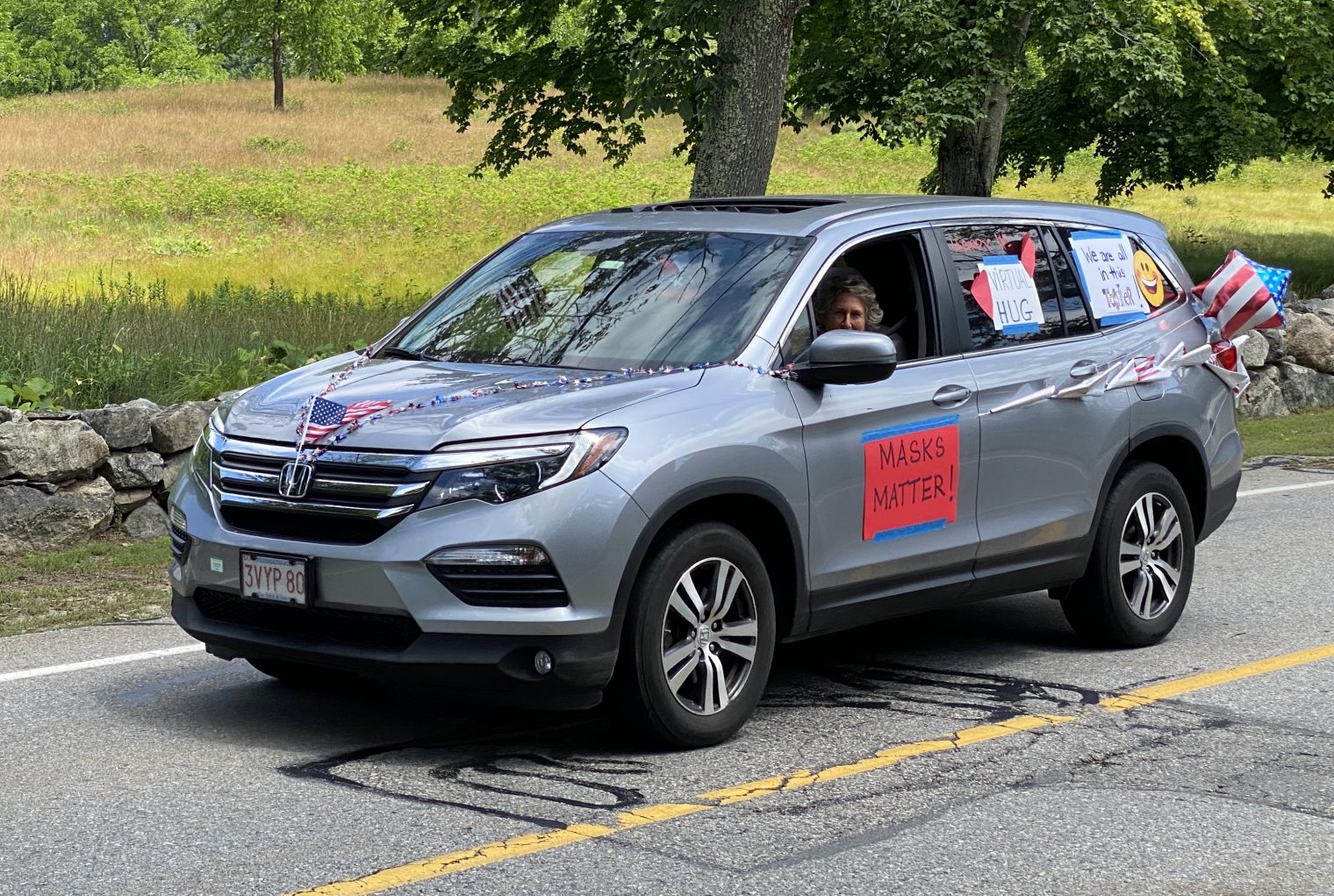NASA’s new mission: Inclusion
A friend’s Facebook post from July 23:
NASA today added Inclusion to its set of core values, reminding me, again, why this is the best place to work in government.
Inclusion – NASA is committed to a culture of diversity, inclusion, and equity, where all employees feel welcome, respected, and engaged. To achieve the greatest mission success, NASA embraces hiring, developing, and growing a diverse and inclusive workforce in a positive and safe work environment where individuals can be authentic. This value will enable NASA to attract the best talent, grow the capabilities of the entire workforce, and empower everyone to fully contribute.
Incorporating Inclusion as a NASA core value is an important step to ensuring this principle remains a long-term focus for our agency and becomes ingrained in the NASA family DNA. Together, we can continue to accomplish great things for all of humanity.
There is a new logo/graphic to go with this:

So… making employees feel welcome (why did they run a hostile work environment from 1915 through 2020, more than 100 years?) is now at the same level as “safety” (not killing pilots and passengers on the various rockets, airplanes, and helicopters operated by the agency).
Full post, including comments